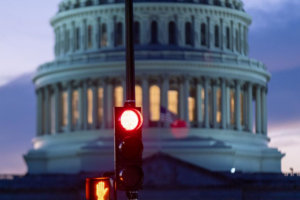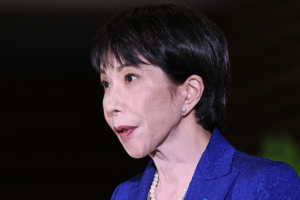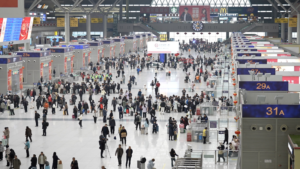
Antarctic Volcano Catalog Unveiled in Groundbreaking Study
International scientists unveil first comprehensive catalog of 207 Antarctic subglacial volcanoes, enhancing climate prediction capabilities and ice sheet research.

China Greenlights Beijing-Tianjin-Hebei Spatial Plan Through 2035
China approves a long-term spatial plan to boost integrated development in the Beijing-Tianjin-Hebei region, focusing on infrastructure, innovation, and sustainability.

Chinese Premier Stresses Smart Manufacturing, Green Energy in Shandong Tour
Premier Li Qiang outlines strategies for technological innovation and sustainable energy during Shandong inspection, emphasizing growth and public welfare.
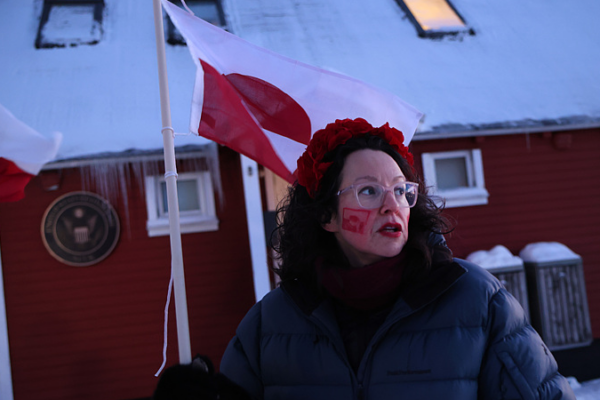
Greenland PM Slams U.S. Over ‘Divisive’ Policies, Seeks Dialogue
Greenland’s PM condemns U.S. pressure over territorial ambitions, reaffirms sovereignty, and announces diplomatic efforts to resolve tensions.

Trump Confirms Ongoing Talks with Iran Amid 2026 Tensions
U.S. President Trump confirms ongoing negotiations with Iran in 2026 amid naval deployments, with Asian markets monitoring potential regional impacts.

Israel and U.S. Conduct Red Sea Naval Drill Amid Rising Iran Tensions
Israeli and U.S. navies complete joint Red Sea drill amid escalating regional tensions with Iran, highlighting strategic maritime cooperation.

Ice Floating Gains Momentum in Moscow as Winter Activity Captivates Residents
Moscow residents embrace ice floating in frozen rivers as new winter wellness trend, combining traditional Russian practices with modern urban adaptation.

Taiwan Entrepreneur Bridges Culinary Divide in Beijing
Taipei entrepreneur Kuo Wen-yu builds Beijing-Taiwan food supply chains, blending culinary traditions while fostering cross-strait economic ties.
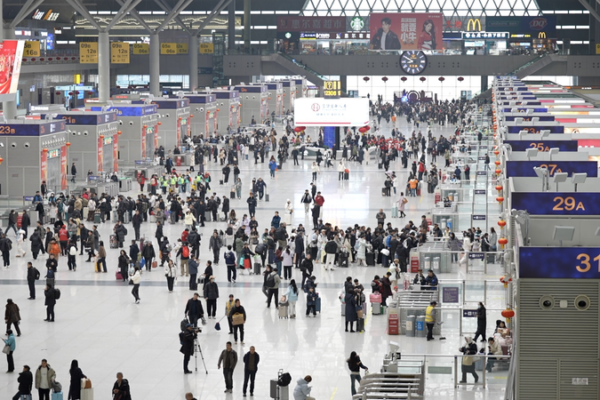
China’s Spring Festival Rush Blends Travel with Cultural Heritage
China’s 2026 Spring Festival travel rush begins, merging mass mobility with intangible cultural heritage experiences at major hubs like Zhengzhou East Railway Station.

China’s ‘Devil City’ Holds Key to Energy Future
Geophysical teams in Qinghai’s ‘Devil City’ brave harsh conditions to map deep energy reserves, signaling China’s push for sustainable resources ahead of Spring Festival 2026.
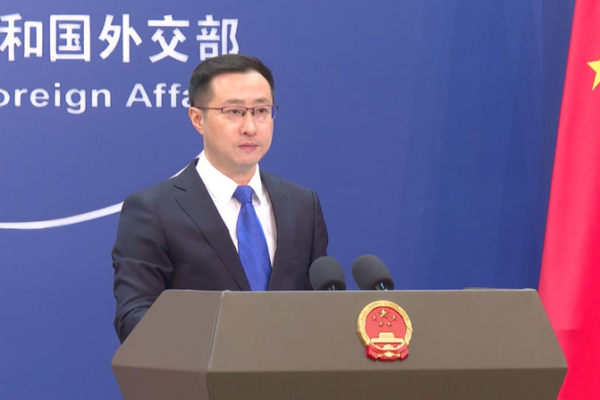
China Condemns U.S. Detention of Chinese Business Personnel
China criticizes U.S. detention of Chinese company staff, urging immediate cessation of ‘unjustified’ enforcement actions amid rising bilateral tensions.
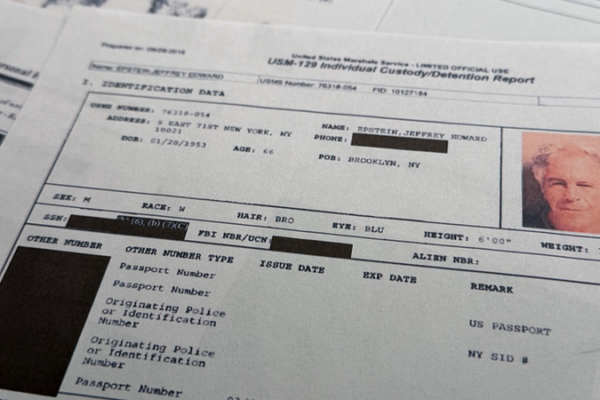
Epstein Files Fallout: Asian Leaders, Global Figures Deny Links Amid New Revelations
Newly released Epstein documents prompt denials from Malaysian PM Anwar Ibrahim, UK ex-ambassador Peter Mandelson, and LA Olympics chief Casey Wasserman, while Elon Musk addresses email revelations.

China Intensifies Cross-Border Crackdown on Telecom Fraud, Executes Myanmar-Based Gang Leaders
China executes Myanmar-based fraud ring leaders, reports $2.3B recovered in multinational anti-crime operations as cross-border law enforcement cooperation intensifies.
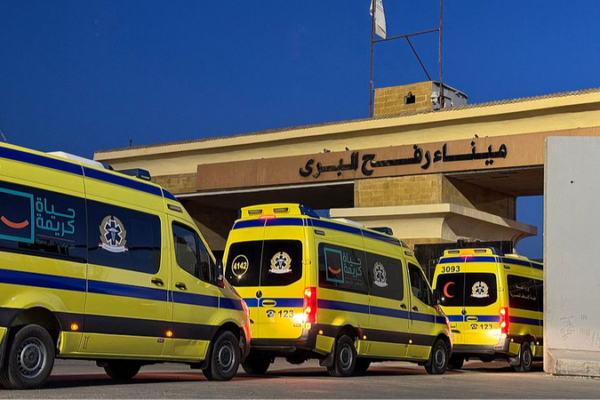
Rafah Border Reopens Amid Fragile Gaza Ceasefire
Israel reopens Gaza’s Rafah crossing with Egypt for limited movement amid ongoing violence and US-brokered ceasefire efforts.

Cyclone Fytia Claims 7 Lives in Madagascar, Displaces Thousands
Cyclone Fytia leaves 7 dead, displaces over 54,000 in Madagascar as authorities assess damage and coordinate relief efforts.
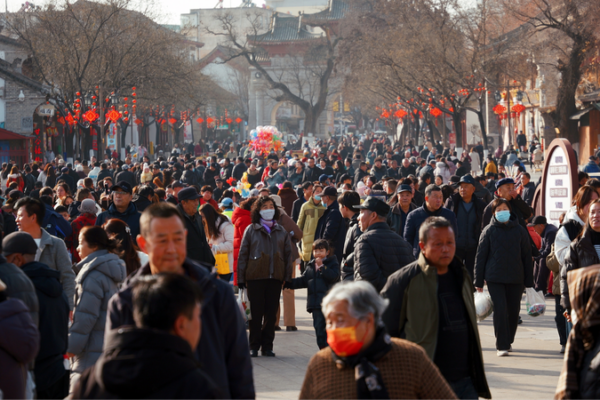
China Unveils 2026 Spring Festival Consumer Boost Plan
China launches a multi-sector initiative to stimulate Spring Festival 2026 spending, targeting tourism, retail, and entertainment to drive economic growth.
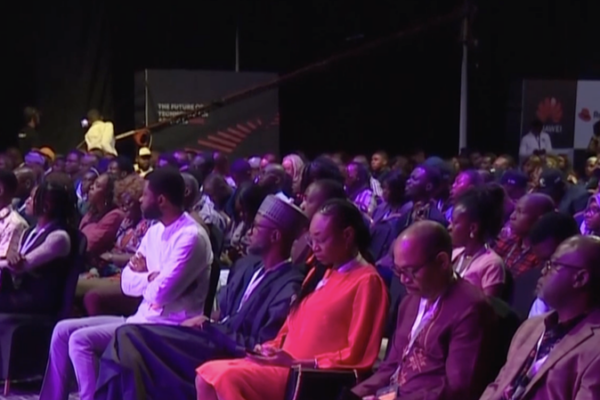
Lagos Tech Summit Spotlights Africa’s Impact-Driven Innovation
The 2026 Tech Revolution Africa summit in Lagos highlights operational tech solutions addressing affordability, energy access, and data-driven growth across the continent.
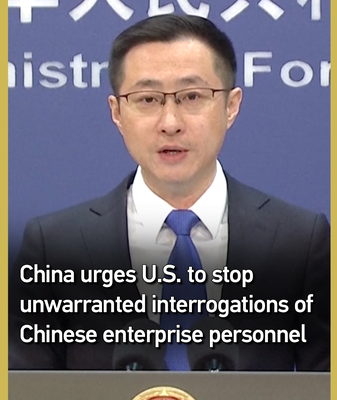
China Urges U.S. to Halt ‘Unwarranted’ Checks on Enterprise Staff
China calls on the U.S. to end ‘unwarranted interrogations’ of Chinese enterprise personnel, emphasizing the need to uphold bilateral agreements and ensure stable exchanges.
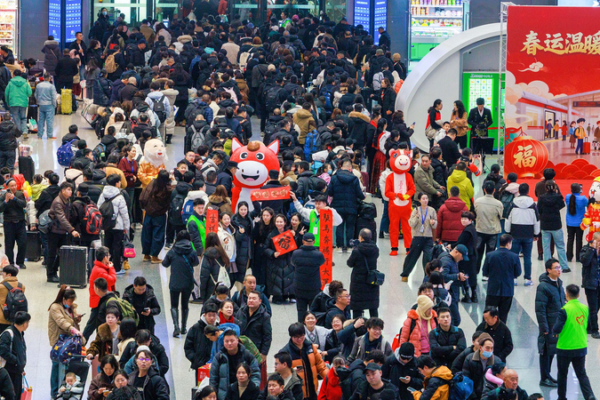
China’s 2026 Spring Festival Travel Rush Begins: 9.5 Billion Trips Expected
China’s 2026 Spring Festival travel season begins with 9.5 billion trips expected, showcasing transport advancements and evolving consumer patterns.

Over 200 Dead in Eastern DRC Mining Disaster
Over 200 miners killed in eastern DRC coltan mine collapses, exposing risks in informal mining sector under rebel control.

